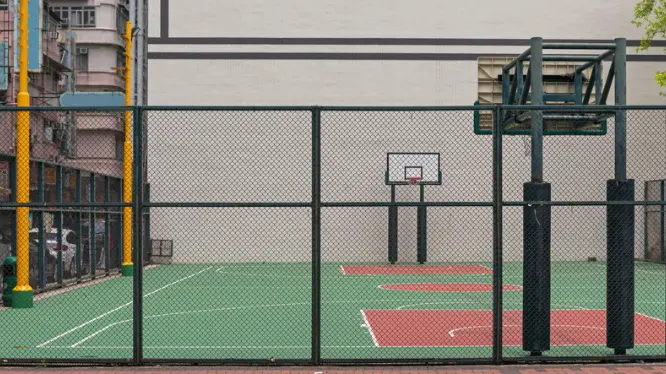chicken coop mesh
Choosing the Right Chicken Coop Mesh Ensuring Safety and Comfort for Your Flock
When it comes to raising chickens, one of the most important considerations is creating a safe and comfortable environment for your feathered friends. A well-constructed chicken coop is essential not just for the health and well-being of the birds but also for the protection of your investment in poultry farming. One of the key components of any chicken coop is the mesh or fencing material used to keep the chickens secure from predators while allowing for ventilation and light. In this article, we will delve into the various types of chicken coop mesh available, their benefits, and what to consider when making a choice.
Types of Chicken Coop Mesh
1. Wire Mesh Wire mesh comes in various sizes and materials, with galvanized steel being among the most popular options for chicken coops. It offers durability and resistance to rust and corrosion. The mesh size you choose should depend on the size of the birds and the types of predators common in your area. For example, a 1-inch by 1-inch wire mesh is suitable for larger birds, while a smaller mesh (like ½ inch) may be necessary to protect against smaller predators such as weasels and snakes.
2. Hardware Cloth Hardware cloth is a form of wire mesh that is sturdier than typical chicken wire. It is available in different gauges, which refers to the thickness of the wire. A heavier gauge hardware cloth is more difficult for predators to break through, making it an excellent choice for coops located in areas with known wildlife issues. Additionally, the small openings in hardware cloth help prevent the entry of birds of prey and small rodents.
3. Plastic Mesh Plastic mesh is lightweight and can provide good protection against birds and other small animals. While it might be less expensive than metal mesh options, it generally offers lower durability and may not withstand determined predators. Its main advantage is that it is rust-proof, making it ideal for areas with high humidity or frequent rainfall.
4. Electrified Fencing For those who want an additional layer of security, electrified fencing can be an excellent investment. This type of mesh fences off the coop while providing a mild electric shock to deter larger predators such as raccoons or coyotes. This method, combined with traditional mesh, can create a formidable barrier.
Important Considerations
chicken coop mesh

When selecting the right chicken coop mesh, several factors should be taken into account
- Predator Risks Assess the types of predators in your area. If you live in a rural setting with wildlife, opting for a heavier wire type or hardware cloth may be necessary for the coop's safety.
- Ventilation Proper airflow is crucial for the health of your chickens. Ensure that the mesh allows sufficient ventilation, preventing overheating in warm weather while keeping out pests.
- Ease of Installation Depending on your DIY skills, choose a type of mesh that suits your level of expertise. Hardware cloth might require more tools and experience than simpler options like plastic mesh.
- Maintenance Consider how much maintenance you're willing to commit to. Metal mesh types may require occasional checks for rust or damage, while plastic might need to be replaced more frequently.
Conclusion
Selecting the right chicken coop mesh is fundamental for ensuring the safety and comfort of your chickens. Whether you opt for hardware cloth, wire mesh, or another type, the goal is to create an environment that protects against predators while promoting good air circulation. By carefully evaluating your options and considering your local circumstances, you can make an informed decision that ultimately supports a thriving flock. Happy chicken keeping!
-
The Ultimate Guide to Premium Quality Field Fence Solutions
NewsAug.12,2025
-
The Essential Guide to Premium Square Wire Mesh Solutions
NewsAug.12,2025
-
The Essential Guide to Hexagonal Wire Netting Farm Fencing
NewsAug.12,2025
-
Premium Continuous Deck Rail Slab Bolster Solutions
NewsAug.12,2025
-
High-Performance Aluminum Tie Wire Reel for Construction Applications
NewsAug.12,2025
-
Crafted Premium Galvanized Hexagonal Gabion Wire Mesh Solutions
NewsAug.12,2025














